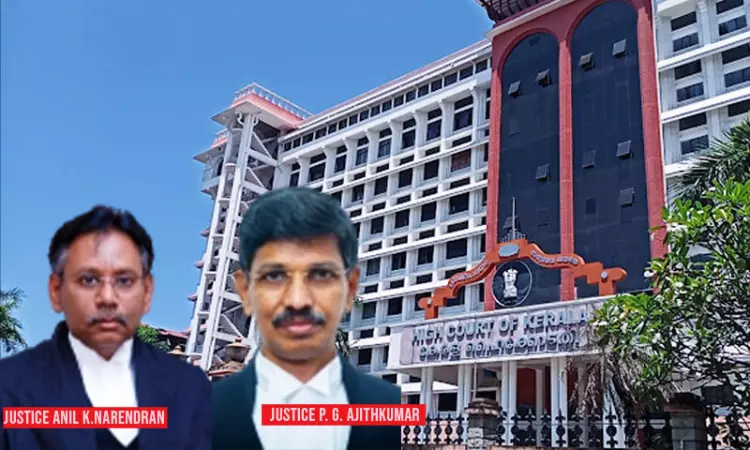The Kerala High Court recently reiterated the importance of reasoned orders by authorities performing judicial or quasi-judicial functions and observed that it is an essential requirement of the rule of law that some reasons at least in brief must be disclosed in the order.The Division Bench consisting of Justice Anil K. Narendran and Justice P. G. Ajithkumar observed,The recording of reasons...

